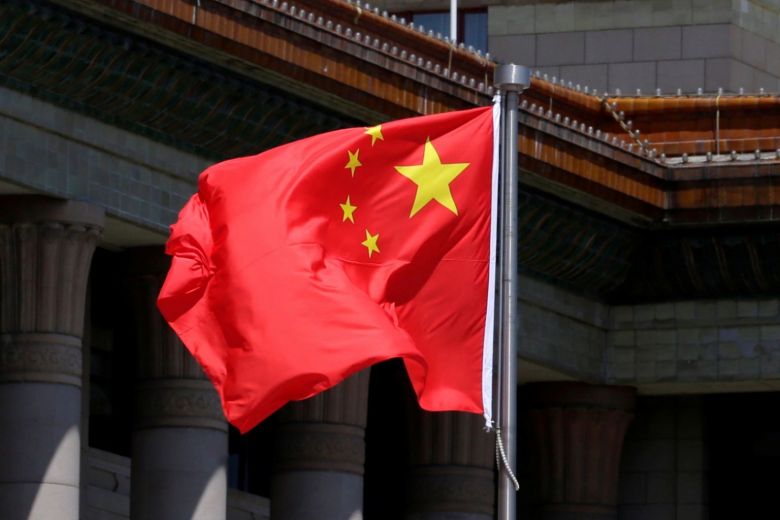Singaporean journalist expelled from China after writing report about Xi Jinping's cousin
Sign up now: Get insights on Asia's fast-moving developments

The journalist working for the Wall Street Journal in China co-wrote a report that detailed how a close relative of President Xi Jinping was involved in a money laundering probe and high-stakes gambling in Australia.
PHOTO: REUTERS
Follow topic:
BEIJING - A Singaporean journalist working for the Wall Street Journal in China has been effectively expelled from the mainland a month after he co-wrote a report that detailed how a close relative of President Xi Jinping's was involved in a money laundering probe and high-stakes gambling in Australia.
Mr Wong Chun Han's press credentials expired on Friday (Aug 30) and would not be renewed, Chinese authorities told WSJ on the same day.
The 33-year-old has been based in WSJ's Beijing bureau since 2014, and is known for his coverage of Chinese politics. Mr Wong has been a staff reporter with the WSJ since 2011 and was based in Singapore before China.
The Straits Times understands that Mr Wong left Beijing for Hong Kong on Friday evening.
"We can confirm that Chinese authorities have declined to renew Chun Han's press credentials. We continue to look into the matter," said a spokesman for Dow Jones, the publishers of the WSJ.
This is the first time Beijing has expelled a WSJ reporter in such fashion.
Mr Wong was one of two WSJ journalists who wrote a July 30 report detailing how Mr Ming Chai, a cousin of Mr Xi's and an Australian citizen, was under investigation as part of an Australian crime and money laundering probe. The story, which was a joint investigation with Australian media, detailed Mr Chai's extravagant spending in resorts owned by Australian gaming tycoon James Packer.
It also laid out Mr Chai's links to alleged money laundering in Melbourne.
The WSJ story had pointed out that there were no signs Mr Xi was personally implicated or that he had known about his cousin's activities in Australia.
The Chinese Foreign Ministry rubbished the report, calling it "groundless accusations based on some rumours".
Mr Philip Wen, the other Beijing-based WSJ reporter and an Australian, had recently received a three-month visa, which is far shorter than the one year permit typically granted to foreign journalists operating in China.
The private wealth of the families of China's political elite is one of the most sensitive topics in the country, and exposes have resulted in visa bans or delays for news outlets and reporters.

